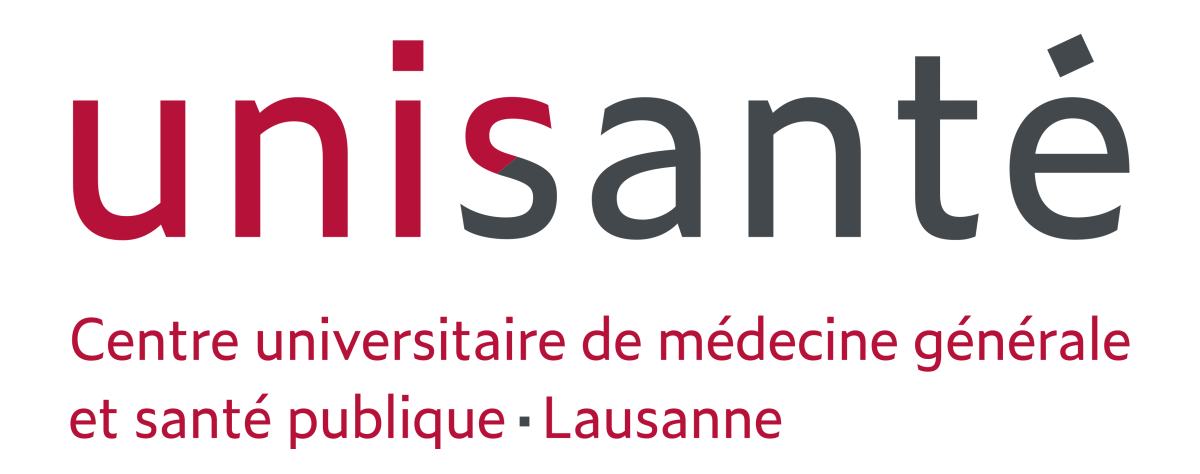The frailty

Frailty recently emerged as a medical term. While none used it in the early 1980s, it is now a topic of growing interest.
Geriatricians today consider frailty as the center of their routine activity. They face it when they detect intuitively an increased risk of health decline. They recognize frailty in their patients as the result of failure in multiple domains, when chronic conditions accumulate but also when psychosocial circumstances deteriorate.
However, while frailty is perceptible, it is difficult to measure because its definition is still debated. Is it essentially a physical feature influenced by adverse life events, unfavorable socioeconomic environment and mental changes ? Or should frailty be defined by the conjunction of all these dimensions ?
Such questions remain unsolved but recent research on aging populations produced several “frailty scores” useful for their exploration. Though imperfect, these scores facilitate the detection of frailty. The most popular of them corresponds to a phenotype identified by Linda Fried’s team at Johns Hopkins University (Baltimore) based on five elements: denutrition, muscular weakness, exhaustion, slowness and low level of physical activity.
Three characteristics of frailty explain our interest in this concept :
-
Frailty appears as a good indicator of unfavorable evolution. Its detection is thus a necessary first step to target individuals or population groups who could benefit from preventive interventions that are still to define and test.
-
Frailty may be reversible in its first stages. If so, early interventions may improve the quality of life of pre-frail individuals.
-
Frailty is not synonymous of morbidity and functional dependence but is a risk factor for adverse evolution. Avoidance of increasing frailty is likely effective to reduce the risk of functional decline.
Frailty detection and improving our understanding of the causes and outcomes of frailty are thus the watchwords guiding the Lc65+ study.


